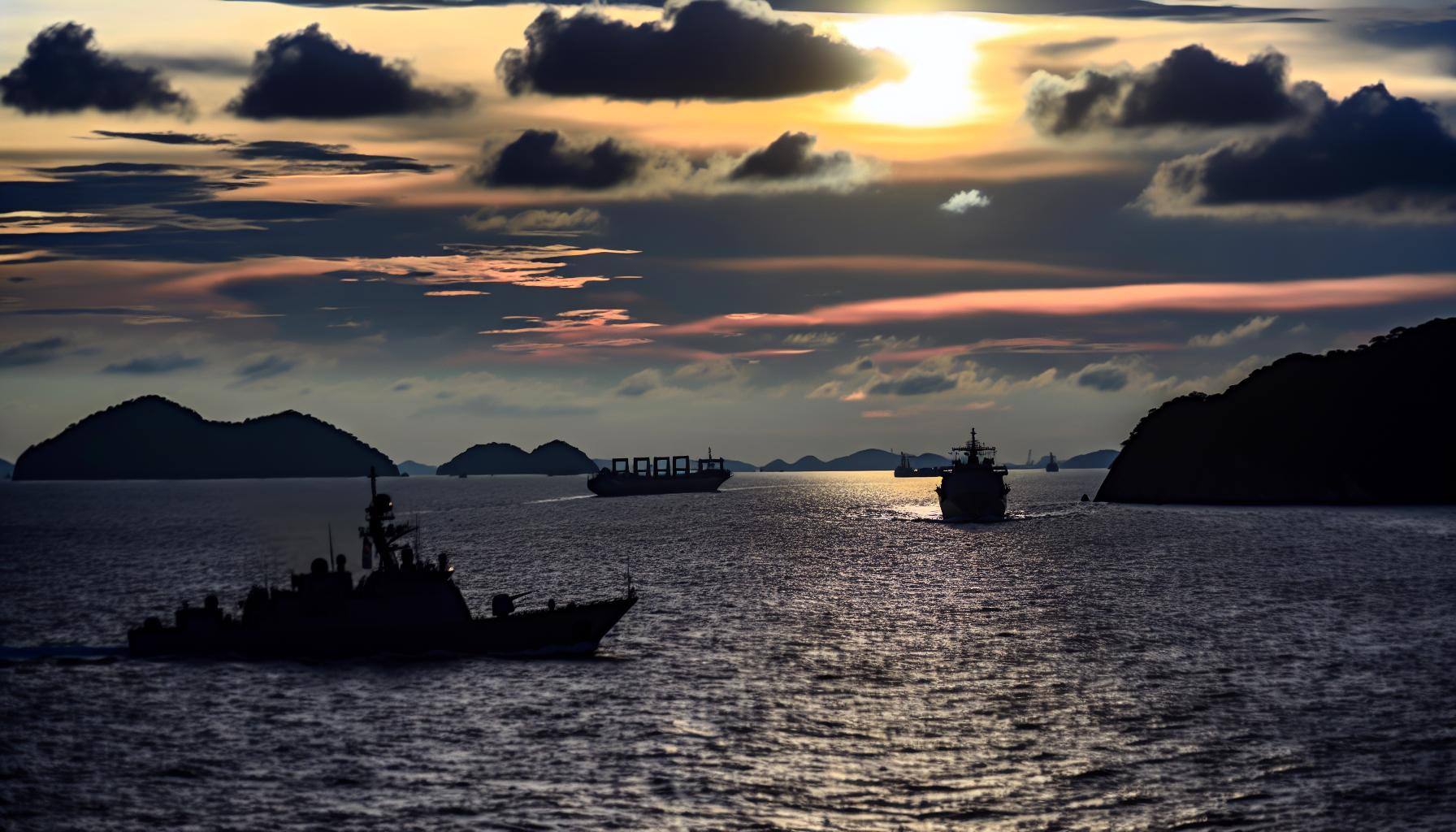The global shipping industry faces a deteriorating situation with increasing delays, disruptions, and costs.
Despite continuous efforts by U.S., British, and European navies, the insurgents remain a formidable force, raising concerns about the effectiveness of Western naval power in such conflicts. The U.S. Navy acknowledges this as its toughest combat scenario since World War II.
Houthi Capabilities and Impact
The Houthi rebels, backed by Iran, have effectively controlled the Bab el-Mandeb strait, a critical chokepoint leading to the Suez Canal. They have been launching attacks on both civilian and naval vessels since late last year, with the aim of pressuring Israel over its conflict with Hamas. This has led commercial ships, including container ships, bulk carriers, and tankers, to avoid the Red Sea in favor of the longer route around Africa.
Naval Responses and Continued Threats
Initial expectations that Western naval deployments would quickly restore security have proven overly optimistic. While insurance premiums briefly dipped and shipping costs stabilized in the spring following the deployment of U.S. and British forces, the situation has since deteriorated. In late June, the Houthis sank a second vessel and damaged another, escalating the crisis. The U.S. Central Command has been regularly reporting efforts to counter Houthi attacks, which now increasingly involve surface drones like the so-called Houthi’s Blowfish.
Economic and Operational Impacts
The ongoing disruptions have had significant economic repercussions. Transits through the Suez Canal, a vital revenue source for Egypt, have decreased by at least half, with an even greater reduction in tonnage. The rerouting of ships around Africa not only adds time and cost but also ties up shipping capacity, affecting global supply chains.
Strategic and Security Concerns
The persistent challenge posed by the Houthis underscores broader strategic and security concerns. Sebastian Bruns, a naval expert, highlights the unexpected resilience and capability of the Houthis as a non-state actor, stressing the difficulties Western navies face in sustaining operations at this high level of intensity. This situation raises critical questions about the readiness and adaptability of Western naval forces in future conflicts, especially against more formidable state actors like China.
Conclusion
The ongoing Red Sea maritime crisis illustrates the complex interplay between regional conflicts, global shipping dynamics, and naval power. As the Houthi insurgency continues to disrupt a crucial maritime route, the challenges for the shipping industry and international naval forces are mounting. The effectiveness of traditional naval power in addressing such asymmetric threats is being tested, with significant implications for global trade and security. The prolonged instability highlights the need for adaptable strategies and robust international cooperation to safeguard critical maritime routes and ensure the resilience of global supply chains.

Source: Foreign Policy





